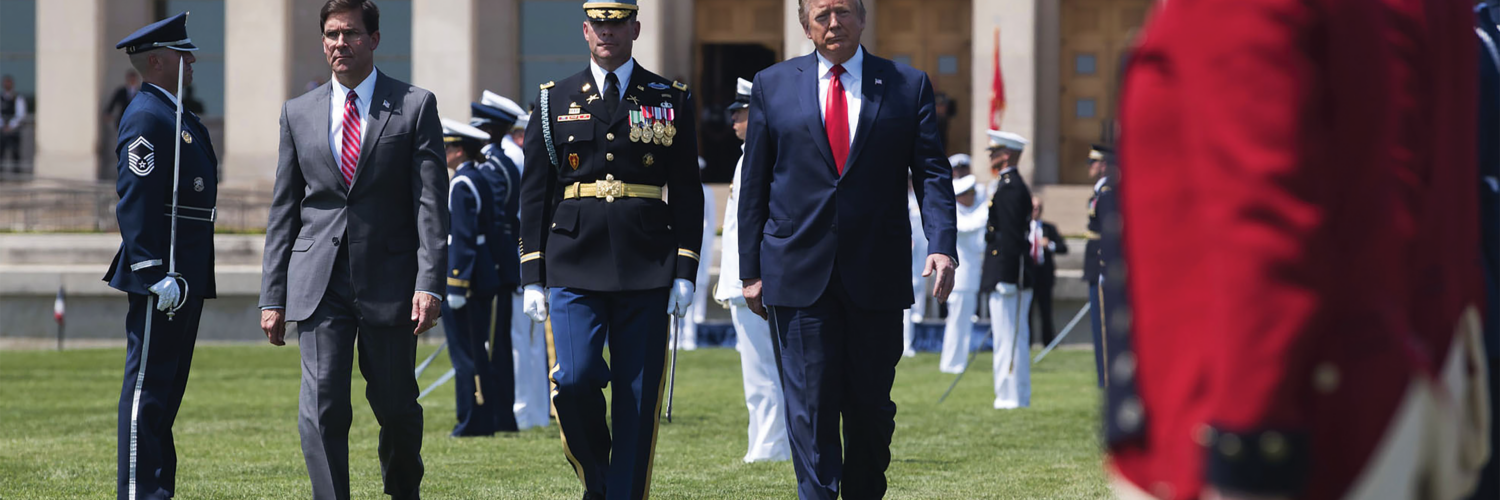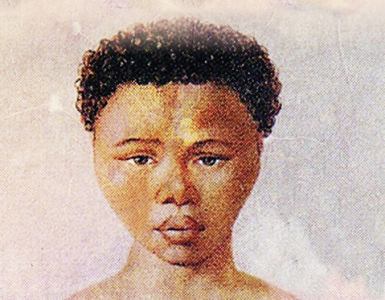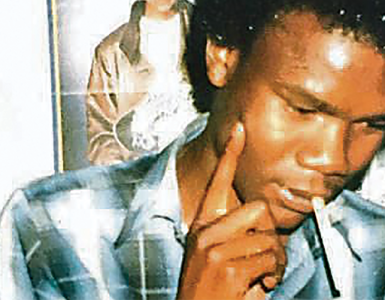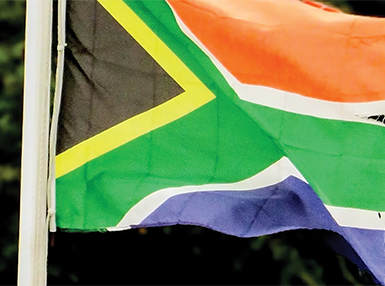COERCION: This is not simply a moment of crisis for South Africa; it is a test for the entire continent…
By Will Shoki
The expulsion of Ebrahim Rasool as South Africa’s ambassador to the United States, coupled with the expansion of US travel restrictions targeting numerous African nations, is a blunt reminder of how power operates in the global order.
The message from Washington is clear: African states that challenge US interests will face diplomatic retaliation, economic pressure, and restrictions on movement. While these methods are not new, they highlight how African sovereignty remains conditional, constrained by the reality that the world’s most powerful countries continue to dictate the terms of engagement.
But this is not simply a moment of crisis for South Africa; it is a test for the entire continent. The real question is not how Africa should react to the latest display of US muscle but whether it is prepared to build the kind of leverage that makes these forms of coercion less effective in the first place.
The assumption in some quarters of the South African government was that Trump’s return to the presidency would allow for a more transactional relationship, one in which diplomatic tensions could be managed by offering tangible economic or security concessions. This was a miscalculation. Unlike previous US administrations, which maintained the pretense of partnership, Trump’s approach is rooted in domination.
There is no negotiation with weaker states—there is only submission or punishment. South Africa, which has little strategic value to the current administration’s agenda, has been designated as an example, a warning to other countries that might be tempted to push back against US hegemony. Washington’s choice to expel Rasool in such a public and humiliating fashion signals that this was never just about a single diplomat. The goal was to show that challenging US power comes with a price.
The expansion of travel restrictions follows the same logic. The Trump administration is considering imposing visa restrictions on citizens from more than 40 countries, many of them in Africa, under the familiar justification of security concerns. Some states face outright visa bans, others will see their access to certain visa categories restricted, and yet others have been given a deadline to meet US demands for improved border controls and data-sharing agreements. These measures are framed as technical security policies, but in practice, they function as instruments of political control. The pattern of which countries are targeted is revealing. The majority are from the Global South, and many are states that have, in one way or another, resisted US dominance in diplomatic or economic affairs. The ability to restrict the movement of entire populations is a powerful tool, reinforcing the hierarchy between those whose mobility is taken for granted and those who can be locked out of the global economy at will.
It would be a mistake, however, to treat this simply as American overreach. The reality is that Africa’s vulnerability to these forms of discipline is a consequence of its lack of coordination and strategic depth in global politics. The reaction to South Africa’s diplomatic crisis has exposed the extent to which African states remain divided on key foreign policy questions.
While some countries have quietly distanced themselves from Pretoria’s stance on issues like Israel and BRICS alignment, others have chosen to deepen security and trade ties with the US, ensuring that Washington still has key allies on the continent. Without a common position, there is no real way to resist external pressure.
The same dynamic applies to the travel bans. The restrictions are being imposed selectively, affecting some African states more than others, ensuring that there will be no unified response from the continent. This is precisely how US power continues to operate—by exploiting Africa’s internal divisions to make sure that individual states face consequences alone, rather than as part of a collective bloc.
This is not a new dilemma, nor is it unique to South Africa. Over the past few years, countries across the continent have been forced to navigate the tightening grip of great power competition. The Alliance of Sahel States—Burkina Faso, Mali, and Niger—has rejected Western military partnerships and sought alternative security arrangements with Russia and other non-Western actors. Ethiopia, once a US ally, has turned to BRICS as part of a broader strategy to lessen its economic dependence on the West. Kenya has deepened its engagement with the US while simultaneously trying to position itself as a bridge between Western and non-Western powers. Each of these strategies reflects an attempt to secure national interests in a world where sovereignty is increasingly conditional. But none of these approaches, on their own, fundamentally alter Africa’s structural position in the global order. Without coordination, African states will remain vulnerable to the same pressures, forced to negotiate with more powerful countries from a position of weakness.
The problem is not that African states lack agency. The problem is that this agency is almost always exercised in isolation. The African Continental Free Trade Area (AfCFTA) exists on paper, but in practice, intra-African trade remains limited. Financial institutions that could provide an alternative to Western-dominated financial systems remain underdeveloped. Diplomatic coordination on major foreign policy issues remains inconsistent, with some countries aligning themselves with Global South coalitions while others continue to seek Western partnerships on a case-by-case basis. As long as these weaknesses persist, Africa will continue to be disciplined when it steps out of line, whether through diplomatic expulsions, economic penalties, or migration restrictions.
There is, however, an opportunity in this moment. The Trump administration’s aggressive posture is not just a threat—it is also a catalyst. It forces the question of whether African states are content to remain in a reactive position or whether they will begin to invest in the kind of strategic depth that could allow them to act collectively in the future.
This is not simply about resisting US dominance; it is about ensuring that, in the long run, Africa is no longer in a position where its foreign policy choices can be dictated from outside. That means moving beyond rhetoric and investing in real alternatives: financial systems that reduce dependence on Western institutions, security frameworks that do not rely on external powers, and trade policies that prioritize African economic integration rather than dependence on global markets.
The US will continue to wield its power through tools like diplomatic punishment and travel restrictions. It will continue to impose costs on those who refuse to comply with its agenda. But these pressures only work as long as African states remain structurally dependent on US financial, security, and migration systems. The challenge is not just to resist these pressures but to build the foundations for a foreign policy that is not subject to them in the first place.
This is the real question that African leaders must confront—not how to navigate the latest crisis, but how to ensure that, in the future, they are not vulnerable to such crises at all. – Africa is a Country
Comment
A CASE OF FEAR UNVANQUISHED?
The current frosty relationship between South Africa and the United States doubtlessly requires some nimble-footed diplomacy, given the high stakes involved and long-term ramifications of an intractable bilateral fallout.
Amid the ongoing tensions, thawing of relations between the two nations would evidently seem a distant prospect as the US President Donald Trump keeps the world guessing about his next moves – more so, in the wake of his wielding of his executive orders as a weapon.
With the dice heavily loaded against South Africa, which has borne the most brunt from Trump’s ire, the nation is understandably on tenterhooks – bar for the sections calling for the country to stand its ground.
Yet, if the Government of National Unity has been largely fractious on just about most challenges facing this country, this is one moment it sorely needed one voice to respond to the current cold winds.
From the great show of bravado which greeted Trump’s ordering freeze of aid to South Africa a week ago, citing the land expropriation law, the government’s posture lately has become rather measured. Instead of maintaining his stance in defence of South Africa’s sovereignty, as he had done earlier, President Cyril Ramaphosa appears now to be quietly yielding to the pressure of adversity, showing an apparent lack of courage of his earlier convictions.
A strange turn-about, we must say. Something, perhaps, that may have been prompted by a sudden bout of wisdom to adopt rather a less hostile attitude towards Washington to improve prospects for a possible rapprochement.
Well, the answer for his latest soft-pedalling may also have to do with the veiled threat of losing the status under the African Growth and Opportunity Act (AGOA), which now hovers over the relationship. For his part, Trump has shrewdly left this matter unmentioned while he takes stock on trade relationships that he believes are unfair to the US.
That notwithstanding, we are a tad perplexed – as others may well be too – by Ramaphosa’s latest call for restraint – to avoid inflaming the current tense relations between South Africa and the US – during the welcoming of expelled SA Ambassador to the US, Ebrahim Rasool, this weekend. A mystifying call, indeed, and one that will have surprised Rasool himself – to learn that fellow South Africans have since wavered – if only to nurse fragile relations between the two countries.
Bizarre, we must say again, for the president to display so much as unduly deference as diffidence towards the US as to want to muzzle the nation’s outpouring over an issue that has clearly ignited public emotions.
For lack of better reaction to this about-face, it might well be fitting to invoke Nelson Mandela’s counsel on intrepid leadership: “I learned that courage was not the absence of fear, but the triumph over it. The brave man is not he who does not feel afraid, but he who conquers that fear”. Amen.




























